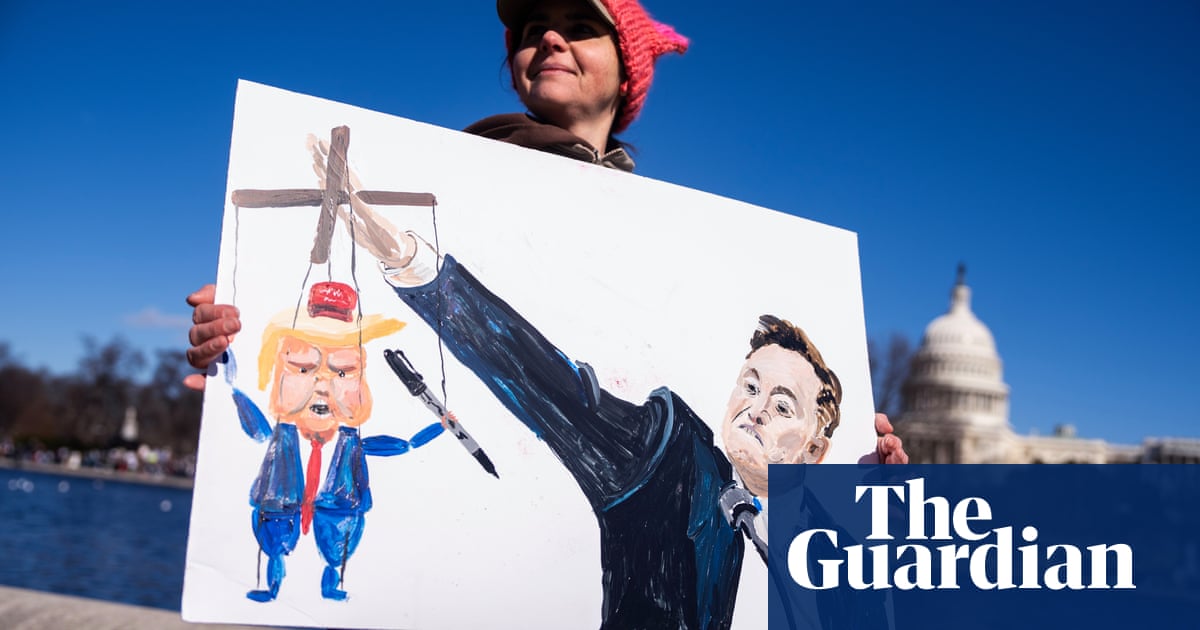Who Is Government? Unpacking Power, Politics, and the Unexpected Rise of Doge
The question "Who is Government?" is deceptively simple. It's a fundamental inquiry that touches upon power structures, political ideologies, and surprisingly, even internet memes like Doge. This article delves into the multifaceted nature of government, exploring its various forms, its impact on society, and how seemingly unrelated cultural phenomena can reflect broader political narratives.
Defining Government: More Than Just Laws and Leaders
At its core, government is the system by which a state or community is controlled and directed. This involves the creation and enforcement of laws, the provision of public services, and the management of resources. But understanding "government" requires looking beyond the surface level of elected officials and bureaucratic processes.
Key Aspects of Government:
- Sovereignty: The supreme authority within a territory. This is a defining characteristic, differentiating a government from other organizations.
- Legitimacy: The extent to which the government's authority is accepted by its citizens. This legitimacy can stem from various sources, including tradition, elections, or perceived effectiveness.
- Bureaucracy: The complex network of agencies and officials responsible for implementing government policies. Understanding bureaucratic processes is crucial to comprehending how government functions.
- Power Dynamics: The interplay of forces and interests within and around the government. This includes relationships between different branches of government, as well as the influence of lobbyists and special interest groups.
Types of Government: A Spectrum of Power
Governments vary widely in their structure and function. Understanding these differences is vital for appreciating the diverse ways societies are organized and governed.
Common Government Systems:
- Democracy: Power resides with the people, usually exercised through elected representatives. Subtypes include parliamentary democracies, presidential democracies, and direct democracies.
- Autocracy: Power is concentrated in the hands of a single person, such as a monarch or dictator. Examples include absolute monarchies and totalitarian regimes.
- Oligarchy: Rule by a small elite group, often based on wealth, social status, or military power.
- Theocracy: Rule by religious leaders, often based on interpretations of sacred texts and doctrines.
The Unexpected Political Commentary of Doge
The seemingly innocuous internet meme, Doge, with its simple grammar and Shiba Inu imagery, has surprisingly become a vehicle for political commentary. While not a direct representation of governmental structures, its widespread adoption and adaptation online reflect broader societal sentiments and frustrations with existing power structures.
Doge and Politics: A Reflection of Frustration?
- Simplicity vs. Complexity: Doge's simplistic nature contrasts sharply with the complexities of government, potentially reflecting a desire for simpler, more transparent systems.
- Community and Decentralization: The meme's decentralized nature mirrors the growing interest in decentralized governance models like blockchain technology.
- Humor and Resistance: The use of Doge in political contexts often employs humor as a form of resistance or subversion against established authorities.
The rise of Doge highlights the interconnectedness of seemingly disparate elements of culture and politics. It's a reminder that political discourse exists in many forms, extending beyond traditional media and formal political systems.
Conclusion: Ongoing Dialogue on Power and Governance
The question "Who is Government?" remains an open-ended inquiry. It’s a constant negotiation of power, legitimacy, and the evolving relationship between the state and its citizens. Understanding this ongoing dialogue is crucial for active and informed participation in democratic processes. Further research into specific government systems, political ideologies, and the intersection of internet culture and politics is encouraged. Consider exploring resources from reputable organizations like the or the for in-depth information.
